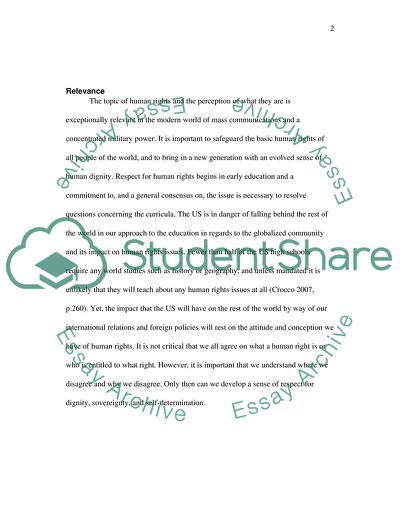Cite this document
(An International System of Recognizable Human Rights: Conflicts of Research Paper, n.d.)
An International System of Recognizable Human Rights: Conflicts of Research Paper. Retrieved from https://studentshare.org/law/1719516-are-any-human-rights-more-basic-than-others-does-saying-that-human-rights-are-interdependent-conflict-with-saying-that-some-rights-are-basic
An International System of Recognizable Human Rights: Conflicts of Research Paper. Retrieved from https://studentshare.org/law/1719516-are-any-human-rights-more-basic-than-others-does-saying-that-human-rights-are-interdependent-conflict-with-saying-that-some-rights-are-basic
(An International System of Recognizable Human Rights: Conflicts of Research Paper)
An International System of Recognizable Human Rights: Conflicts of Research Paper. https://studentshare.org/law/1719516-are-any-human-rights-more-basic-than-others-does-saying-that-human-rights-are-interdependent-conflict-with-saying-that-some-rights-are-basic.
An International System of Recognizable Human Rights: Conflicts of Research Paper. https://studentshare.org/law/1719516-are-any-human-rights-more-basic-than-others-does-saying-that-human-rights-are-interdependent-conflict-with-saying-that-some-rights-are-basic.
“An International System of Recognizable Human Rights: Conflicts of Research Paper”, n.d. https://studentshare.org/law/1719516-are-any-human-rights-more-basic-than-others-does-saying-that-human-rights-are-interdependent-conflict-with-saying-that-some-rights-are-basic.


